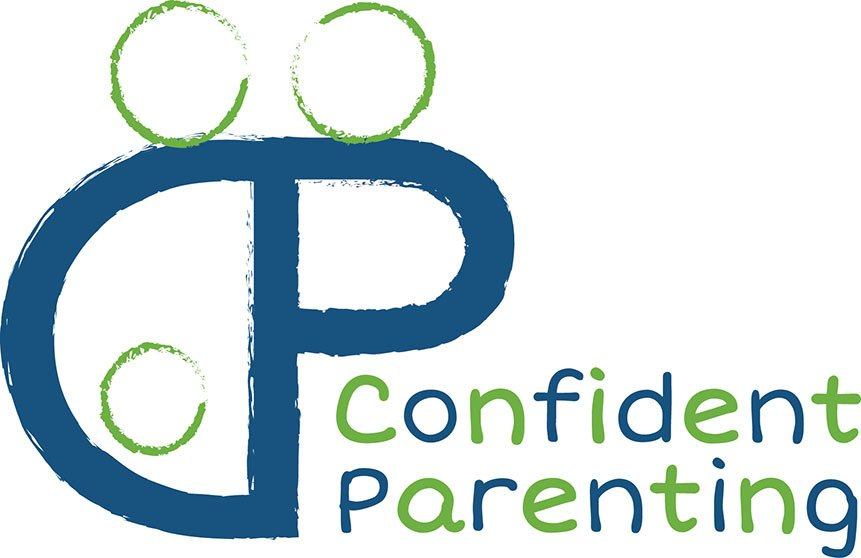When I started offering support to parents in 2011, following my own struggle into and out of sleep deprivation, I never imagined where that would take me and the parenting community. 13 years later I am beyond proud to have grown to a small team of moms supporting thousands of parents locally, nationally and internationally in the areas of sleep, potty-training, behavior and more. We are continually honored when families invite us into their lives, not to mention humbled by countless glowing five star reviews on Google, Facebook, Yelp
and more and annual awards
as “Best” and “Family Favorite” from our local parenting community.
That said, I am adamant about keeping things real in day-to-day life as well as on social media. To that end, let’s talk about the fact that a plan, created on your own or with our support doesn’t always play out as planned and how to avoid a “fail” or pivot when yours does. Here are some critical things to consider when creating and reevaluating a plan to address sleep and other challenges:
Temperament & Parenting Styles
Most parents create a sleep plan and select a behavioral approach based on their parenting style(s). Some prefer to be very hands-on while others are hands-off and most fall in between. Fortunately, there is almost always more than one way to get from where you are to where you want to be. That said, be aware that your child’s temperament may not align with your own parenting style. For example, when my son was born I was very attachment parenting minded and did not want him to cry at all all and certainly not to cry alone. I exhausted both of us with hands-on approaches for weeks and then months with little to no results, not to mention loads of crying (which is what I was trying to avoid!) One night, out of sheer physical exhaustion, I placed him safely in his crib and let him cry while I laid back down. Lo and behold, he caught on from there. I discovered that the way I preferred to go about making changes with him was not the way he needed me to go about making them. We had a true mismatch of his temperament and my parenting style. When I discovered what he needed versus what I needed, it was smooth sailing from then on out.
The lesson? Start where you feel comfortable AND, if you aren’t seeing improvement within one week of implementing your plan consistently, come back to the available options and reconsider them through the filter of your child’s temperament. In the case of the parent who shared this review, they told me outright at the consultation, “I think he needs an extinction approach.” That was not, however, the approach they selected to implement because both parents were not on board with that approach. More than likely, Mom’s instinct was spot on and we need to change gears to an approach this kiddo can respond to. When both partners are not on the same page in terms of goals and approach, a compromise is called for, of course. However, the compromise option may also not be the option your child needs AND the risk of inconsistent implementation of the plan is much higher.
The Slot Machine Effect
Assuming you have landed on an approach your child can make sense of and respond to, another obstacle to success may be what we refer to as the slot machine effect or, in behavioral science terms, intermittent reinforcement. When we support a family to create a plan we ensure they are confident with all the do’s and don'ts they will need to keep in mind to successfully implement it. However, we are not there in the heat of the moment to know for sure whether it is being implemented consistently from their child’s point of view. In almost all cases of parents reporting that a plan did not work, when we are able to know the details (which we weren’t in this case) it boils down to parents intentionally (because they are exhausted and feeling quite desperate) or accidentally doing something that suggests to their child that if they just wait longer and or get louder and or ask more often, they will elicit a different response. It is actually far more counterproductive to give in randomly and occasionally than it is to give in predictable.
That type of occasional reinforcement is referred to as intermittent reinforcement and the hugely successful gambling industry thrives on it. Adults don’t persist at a slot machine because they know it will pay off - they persist because there is a teeny tiny chance it might. That mindset gets payed off just often enough to encourage them to persist. Similarly, if you are consistent with a plan the first three times your child wakes overnight but not on the 4th time (because it’s enough already!) you are essentially encouraging them to try harder at the next wake up or on the next night. More important than the approach you choose to implement is the consistency with which you implement it. That consistency needs to occur from parent to parent, night to night and day to day as well as across enough consecutive nights that your child can predict your response with 100% certainty. If your plan isn’t working, ask yourself if you have truly been that consistent for that long.
Cracks in the Foundation
Behavioral approaches will only work if there is a solid foundation for them to rest on. A solid foundation requires that the timing of sleep, the sleep environment and the sleep routine be optimized for your baby or child. In the case of the family that shared this review, there were some adjustments that needed to be made to both the timing of sleep (baby was overtired when being put down some of the time) and the routine (baby was being put down drowsy rather than fully awake). It is human nature to pick and choose elements of a plan while not implementing the precise details as laid out. Much like baking is far more precise than cooking, a sleep plan needs to be implemented like a baking recipe.
If the timing is off and baby is overtired, their coping skills will decrease and you may not see improvement. If they are assisted to a drowsy state at bedtime and then wake fully overnight and don’t receive the same assistance, they may not feel willing or able to navigate that and you may not see improvement. When we support a family we do not offer magical solutions they’ve never heard of. Rather, we are helping them understand and address details that seem insignificant to our adult brains but can make or break a plan for a young baby or child trying to cope.
Choosing Adequate Support
Another common challenge parents face is second guessing a plan along the way and/or encountering questions they can’t answer. The benefit to working with a human, rather than reading a book or buying an online sleep plan, is that you can ask questions along the way and pivot the plan as needed. No one, including myself, can predict what each child will respond to. We aren’t talking about robots but little humans with personalities, temperaments and more. The reason we offer a four-week package of support is just that - so we can see the day-to-day data of how your child is responding (or isn’t) and help you interpret where to go based on that data. In fact, that package is not limited to four weeks but, more accurately, it is “until you get there”. Meaning, families will achieve their goals within the four-week timeline or we guarantee we will remain in touch via email and app until you do.
The family who shared this review opted for our consultation only option which does not include any day to day follow-up and, when we offered to reconnect and tweak the plan on a refresher call (just $50), did not respond. We cannot guarantee what a child can do or within what timeline they can do it. We also can’t guarantee you and all caregivers who are involved are implementing what we discussed or implementing it consistently. What we CAN guarantee is that we will be available to you until you achieve your goals, if that is your desire.
Despite these common obstacles, we are proud to have successfully supported over 2,000 satisfied families over the past 13 years. You can read their success stories in any of the places linked below and, if you’re ready to write or rewrite your own success story, we would love to support you.
A Note About Cost
As the world has continued to grow more and more expensive, we are proud to have stuck by our goal to not raise prices for the past several years. Instead, we recently began offering a payment plan so families can spread the cost of 1:1 support over an 8 week period with zero interest. As the Sleep Specialists for Center City Pediatrics
we offer virtual and in-person group classes there for as little as $25 per caregiver and an on-demand version of those group classes in collaboration with Main Line Family Education
for as little as $60.
We also offer a DIY sleep course
that walks you through creating your own sleep plan for just $149, with the option to roll that into additional support if needed. Our 1:1 support ranges from $250- $499 and families can also use FSA/HSA funds in many cases. Any family is welcome to join our free Facebook group
where we answer questions each day.
Every family needs and deserves sound sleep and we will continue to do all we can to make it available to you and yours!
You might also be interested in:
Do I Need To Sleep Train My Baby?
5 Things To Do Before Diving Into Sleep Training
Which Sleep Training Method Is Best? 3 Ways To Decide
4 Reasons Sleep Training Isn't Working For Your Baby












